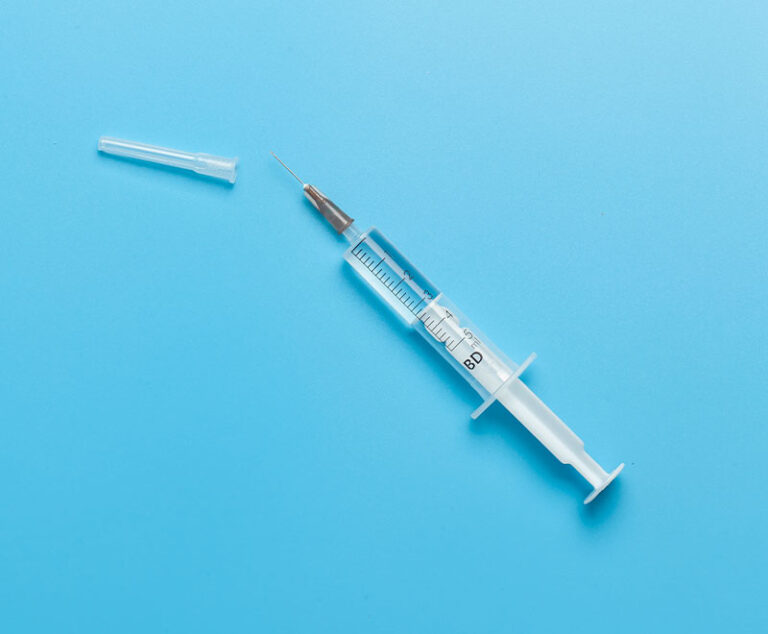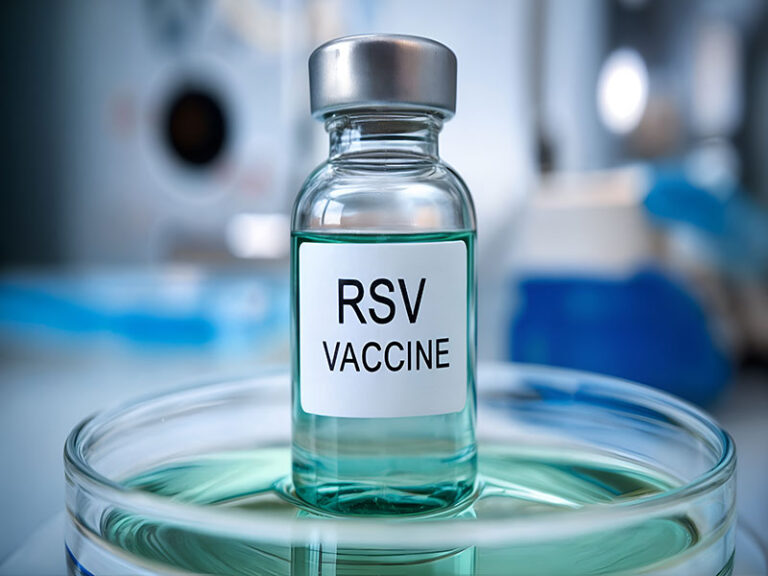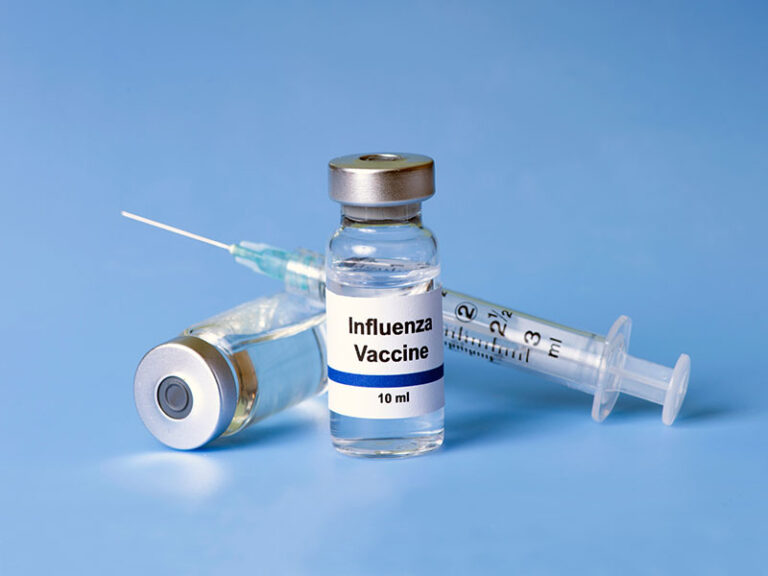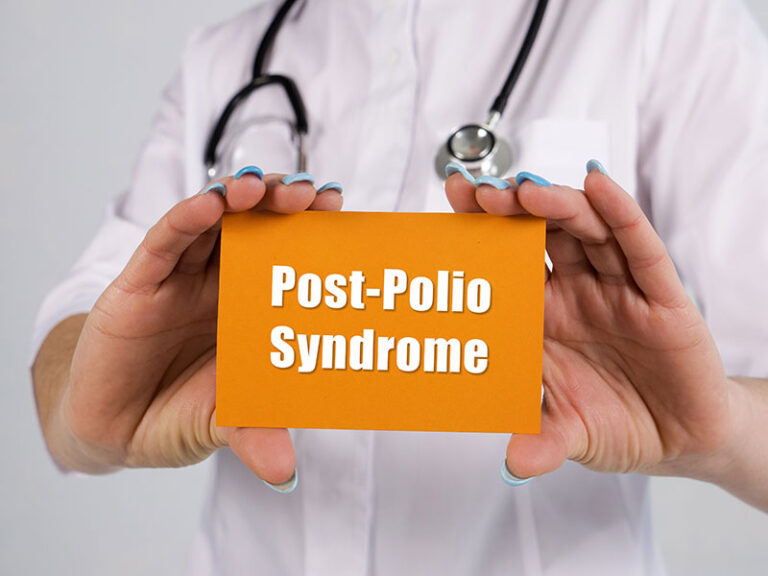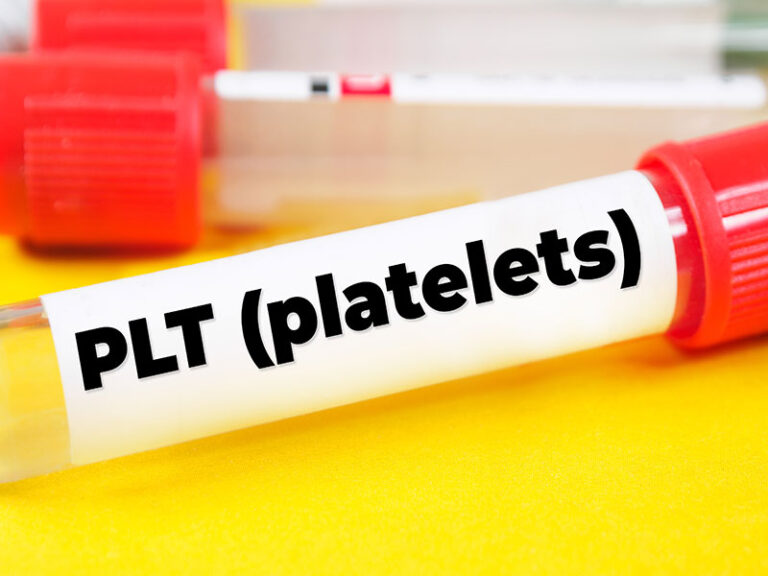Industry News
Research, Science & Manufacturer Updates
Researchers at Moffitt Cancer Center have found that tapping into the body’s own immune system and activating a type of immune cell known as B cells could be the key to boosting the effectiveness of tumor-infiltrating lymphocyte, or TIL therapy.
A draft budget proposal circulating among federal officials suggests a cut in the U.S. Department of Health and Human Services’ discretionary spending by as much as one-third, or tens of billions of dollars.
The U.S. Department of Health and Human Services (HHS) and the National Institutes of Health (NIH) have announced the development of the next-generation, universal vaccine platform, Generation Gold Standard, using a beta-propiolactone (BPL)-inactivated, whole-virus platform.
Moderna’s experimental mRNA-based influenze (flu) vaccine produced a stronger immune response than a currently available vaccine in a late-stage trial, clearing a path forward for the product and the company’s separate combination flu and COVID vaccine.
The U.S. Food and Drug Administration (FDA) has approved GAMMAGARD LIQUID ERC [immune globulin infusion (human)] with less than or equal to 2 µg/mL IgA in a 10% solution, the only ready-to-use liquid immunoglobulin (IG) therapy with low immunoglobulin A (IgA) content, as replacement therapy for individuals 2 years of age and older with primary immunodeficiency (PI).
Primary care physicians need considerable help winning the vaccine war given the limited amount of time they have to make their case in the exam room, according to the authors of a new study published online April 15 in the American Journal of Preventive Medicine.
A group of outside advisers to the Centers for Disease Control and Prevention (CDC) voted 5-2 to recommend the use of Merck’s new antibody vaccine, Enflonsia (clesrovimab), that can protect babies from respiratory syncytial virus (RSV).
A new clinical trial shows a single shot of a long-lasting influenza (flu) drug may protect people for an entire season, and it might do so more effectively than vaccines.
Grifols announced positive results from its Phase II/III clinical trial evaluating the efficacy and safety of Flebogamma 5% DIF (intravenous immune globulin [IVIG]) to treat patients with post-polio syndrome, which demonstrated a significant improvement in distance walked compared to placebo.
In a late-stage trial, Novavax's experimental COVID-19-influenza combination (CIC) and standalone trivalent hemagglutinin nanoparticle seasonal influenza (tNIV) vaccines generated a strong immune response in adults aged 65 and older, similar to already approved vaccines against the viruses.
Pembrolizumab, an immune checkpoint inhibitor, has been approved by the U.S. Food and Drug Administration (FDA) to treat patients with resectable locally advanced head and neck squamous cell carcinoma whose tumors express PD-L1 (combined positive score [CPS] ≥1) as determined by an FDA-approved test.
A recent study that sought to evaluate the efficacy of intravenous immune globulin (IVIG) and identify predictors of platelet response in pregnant persons with moderate-to-severe thrombocytopenia, as well as to optimize clinical decisions and resource use, has found that IVIG effectively increases platelet counts.



